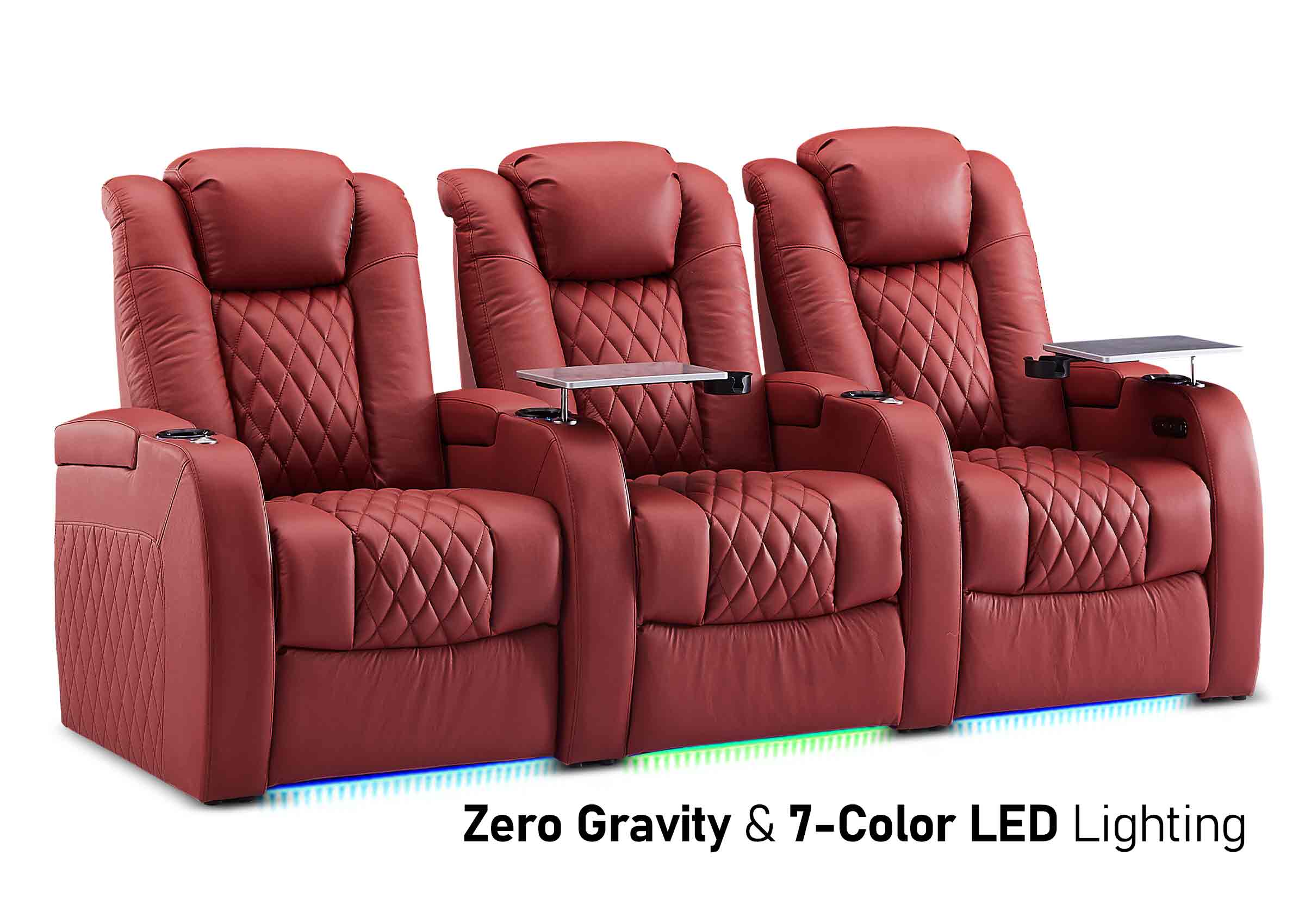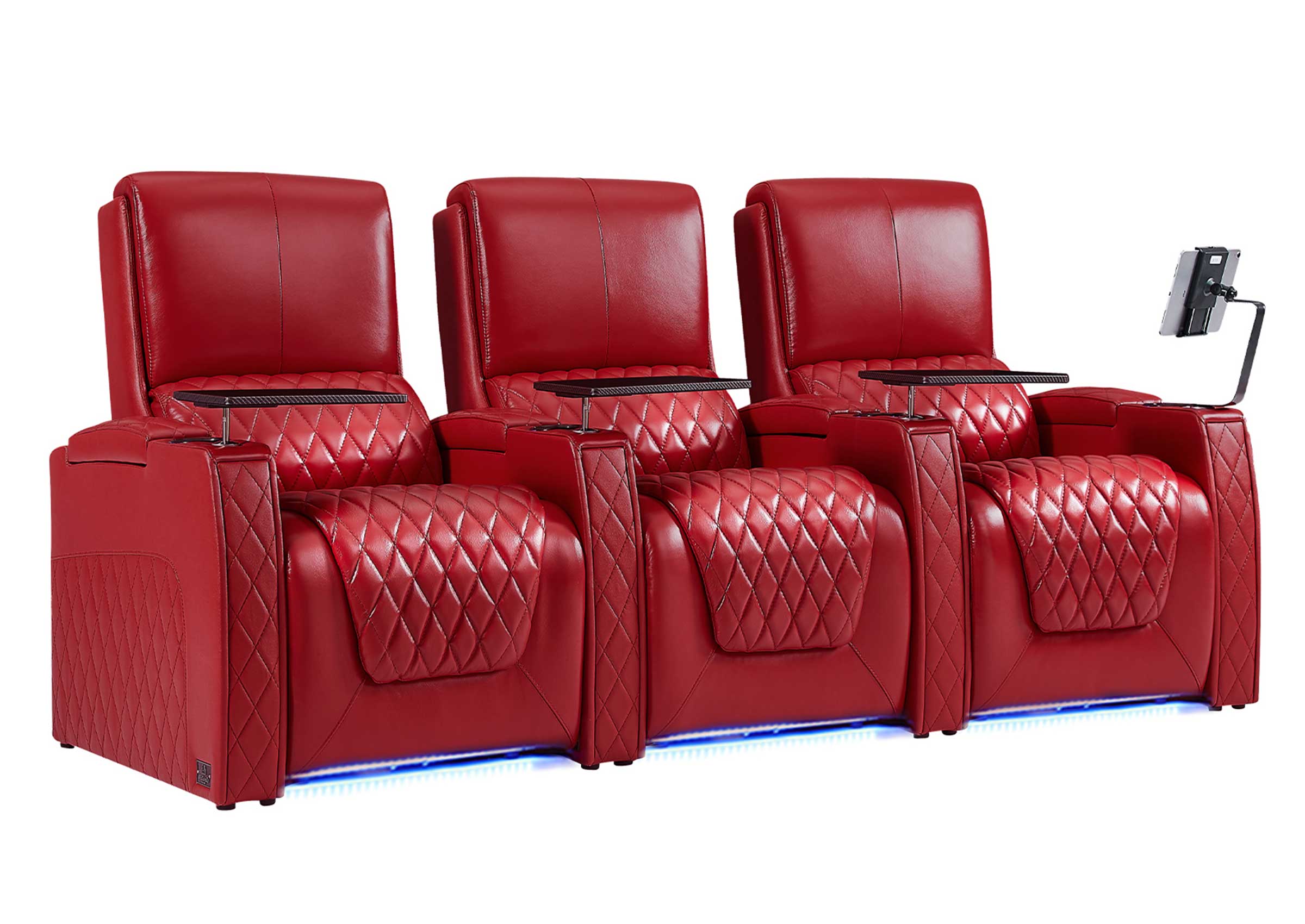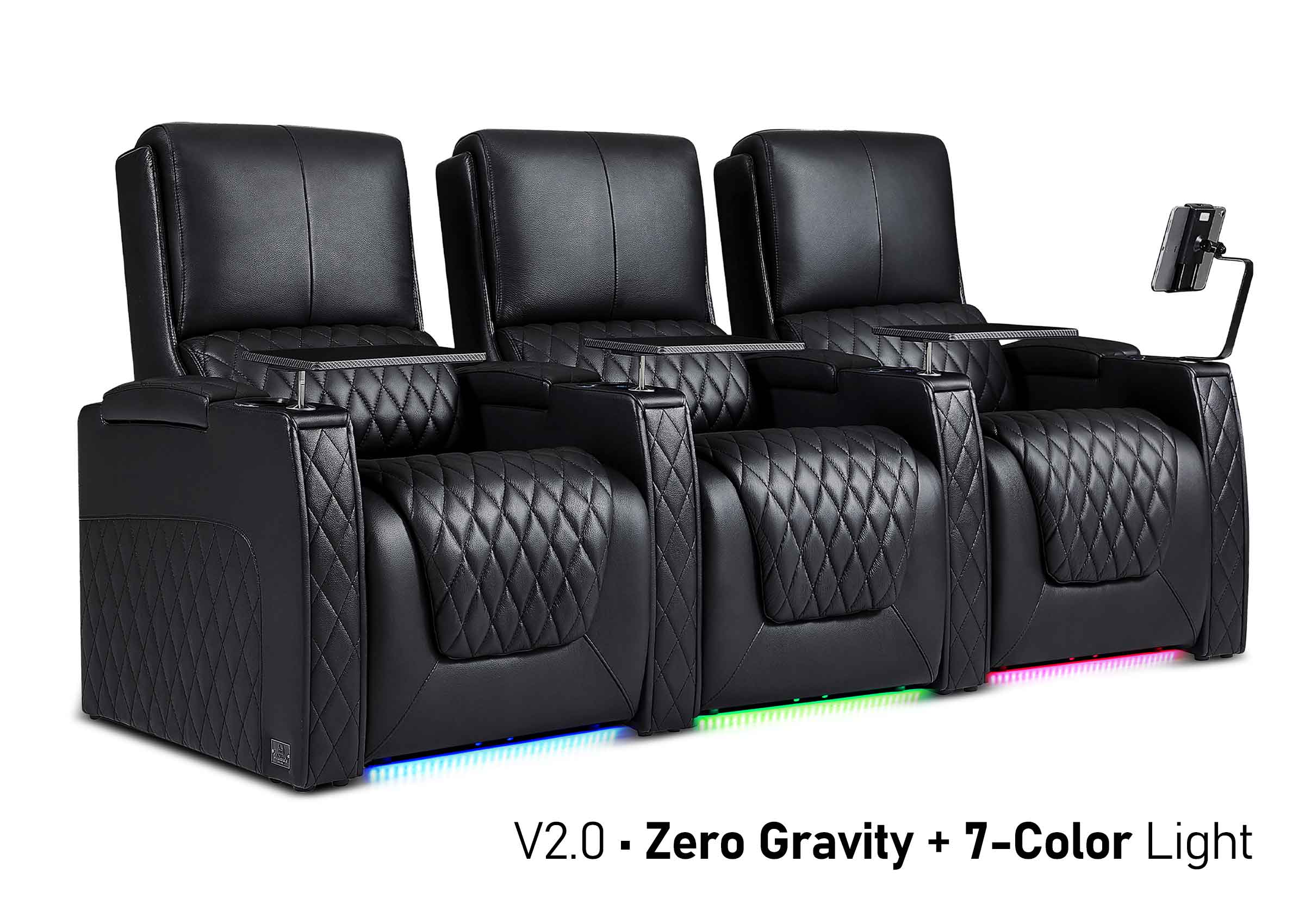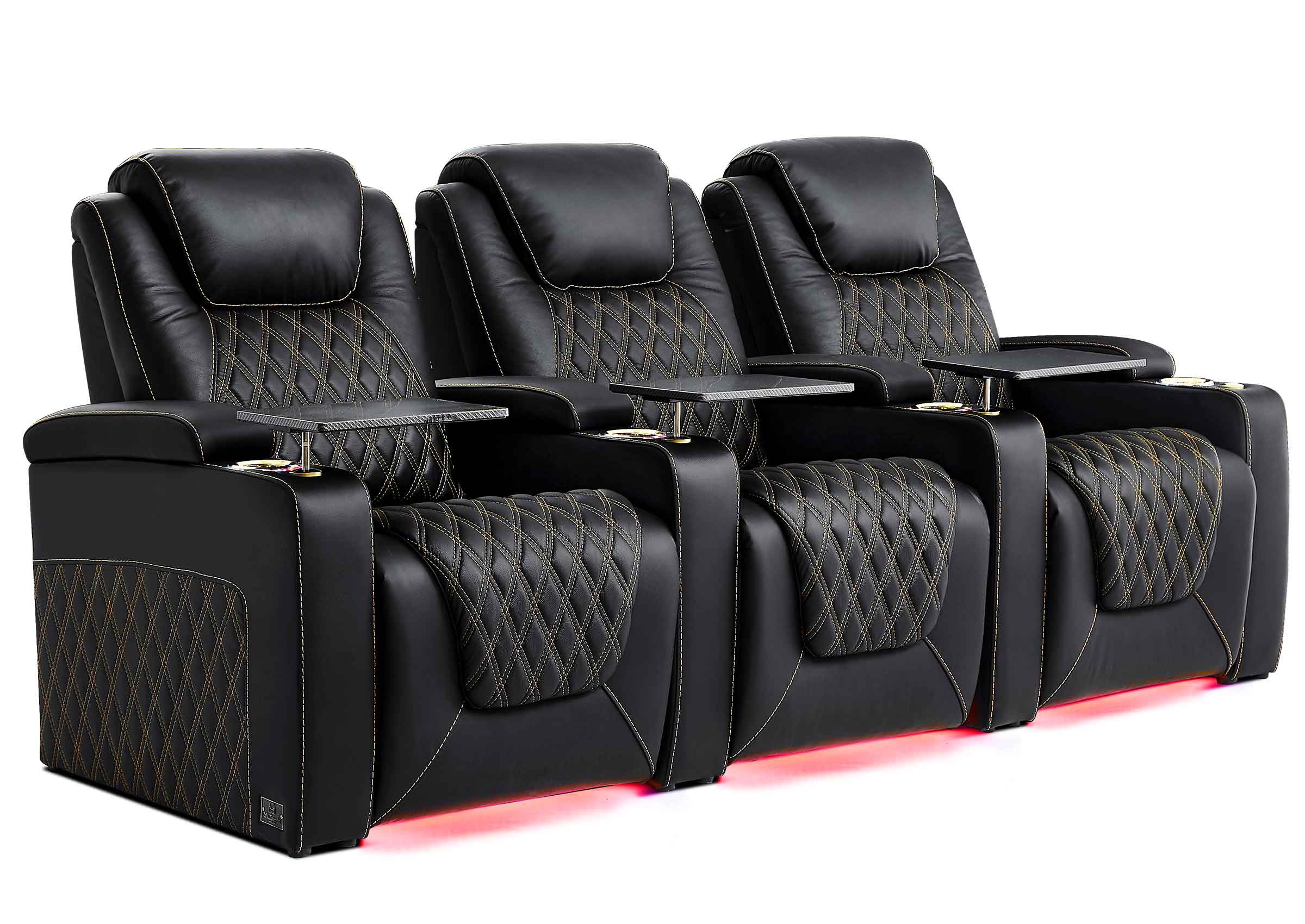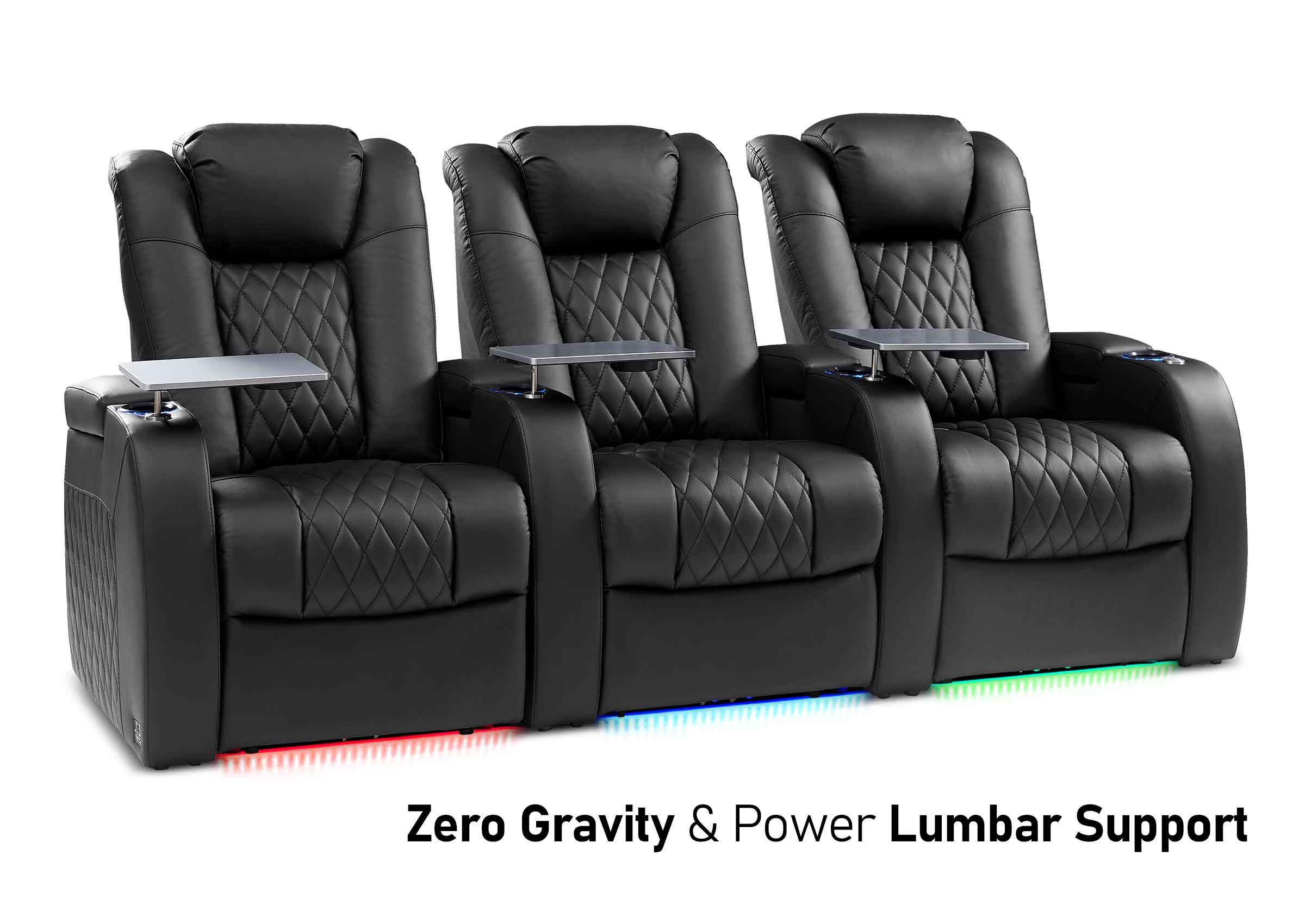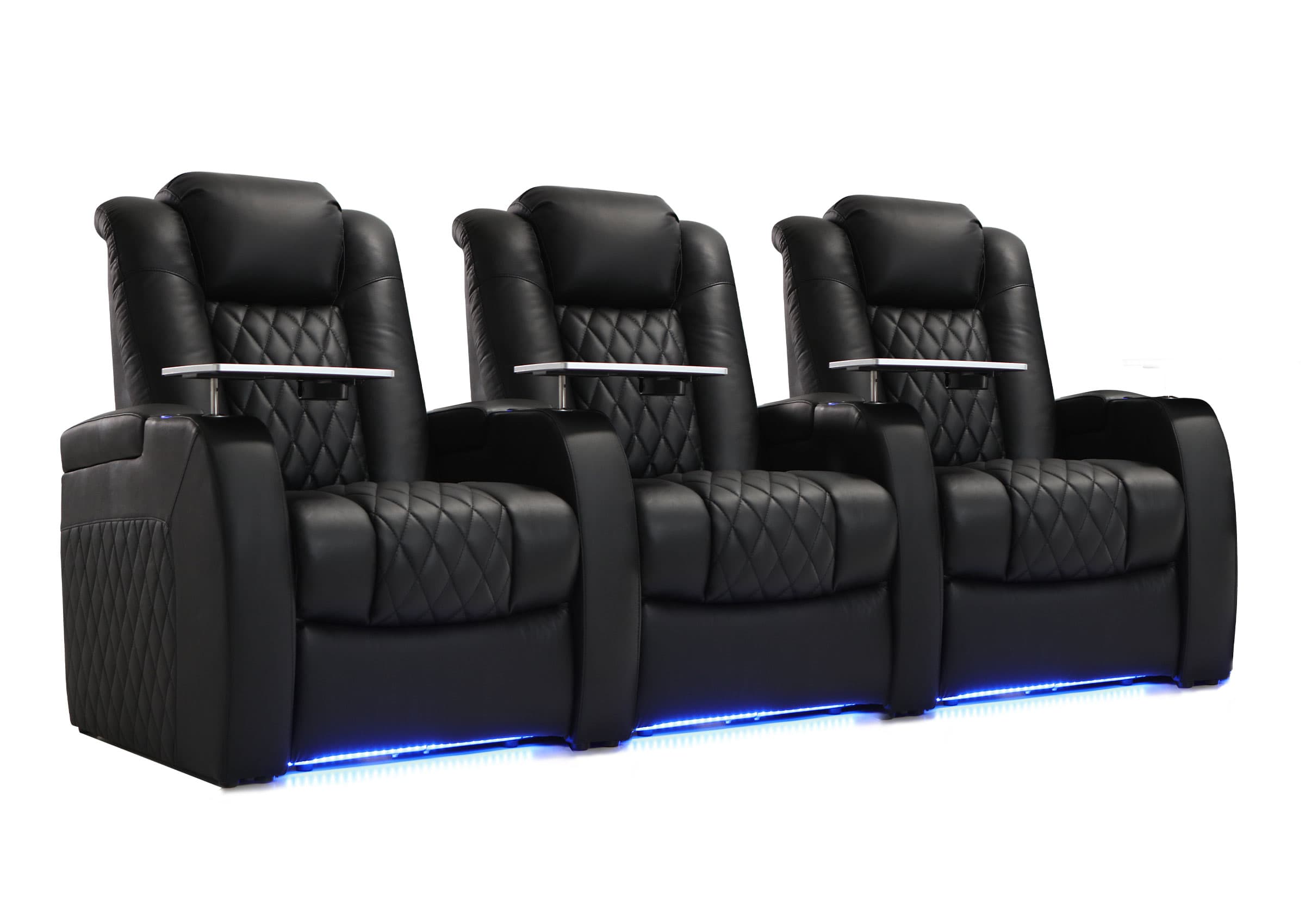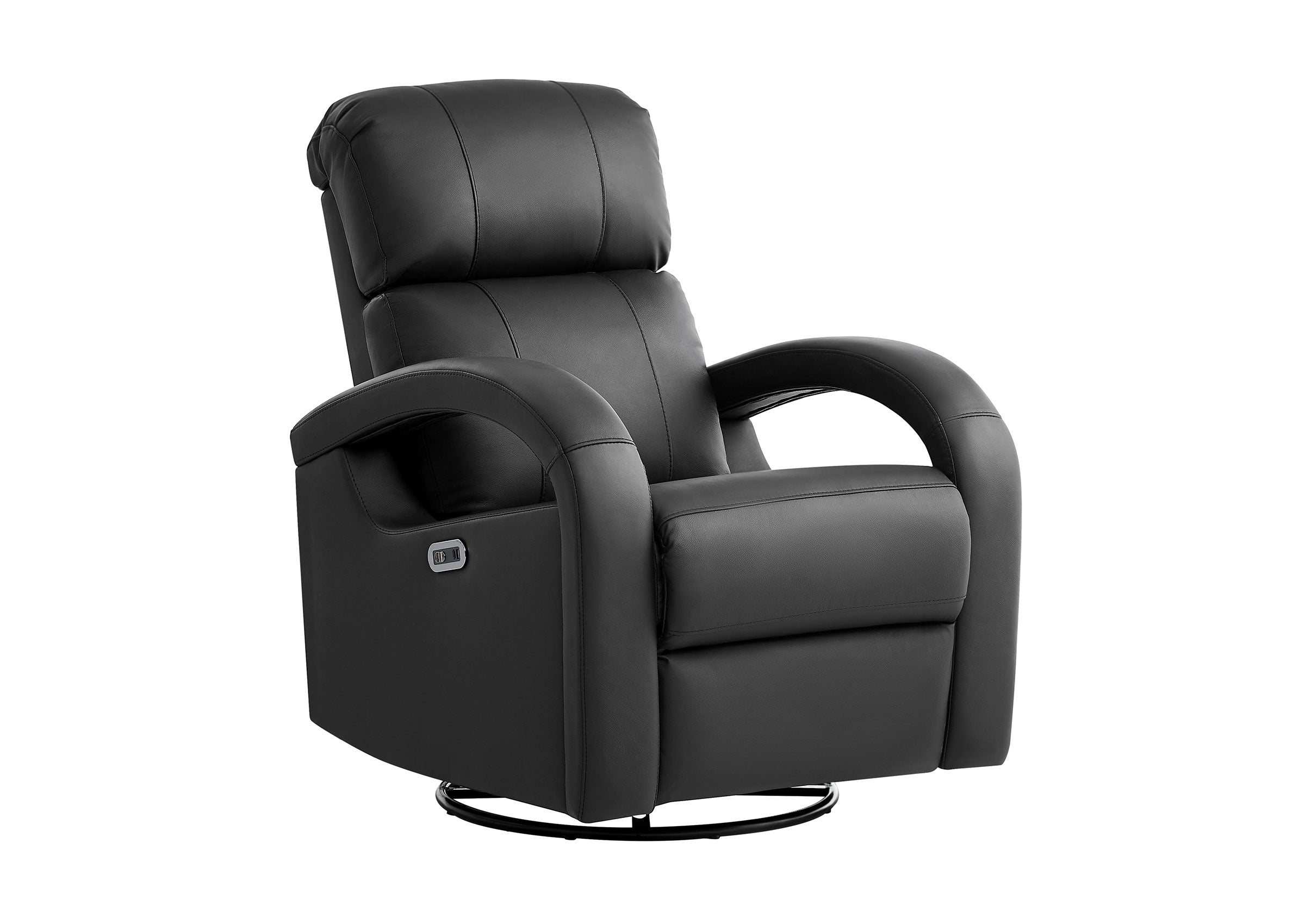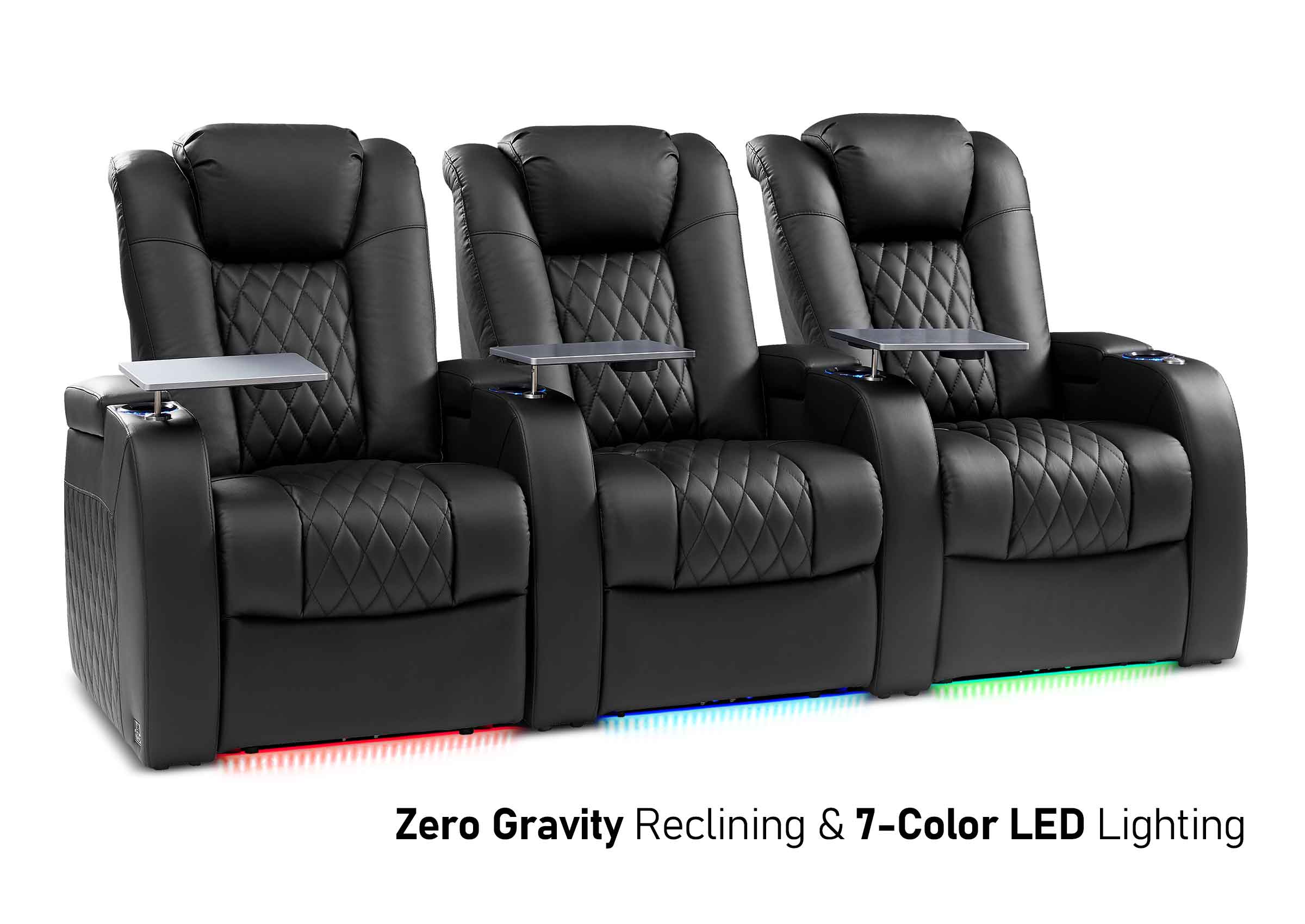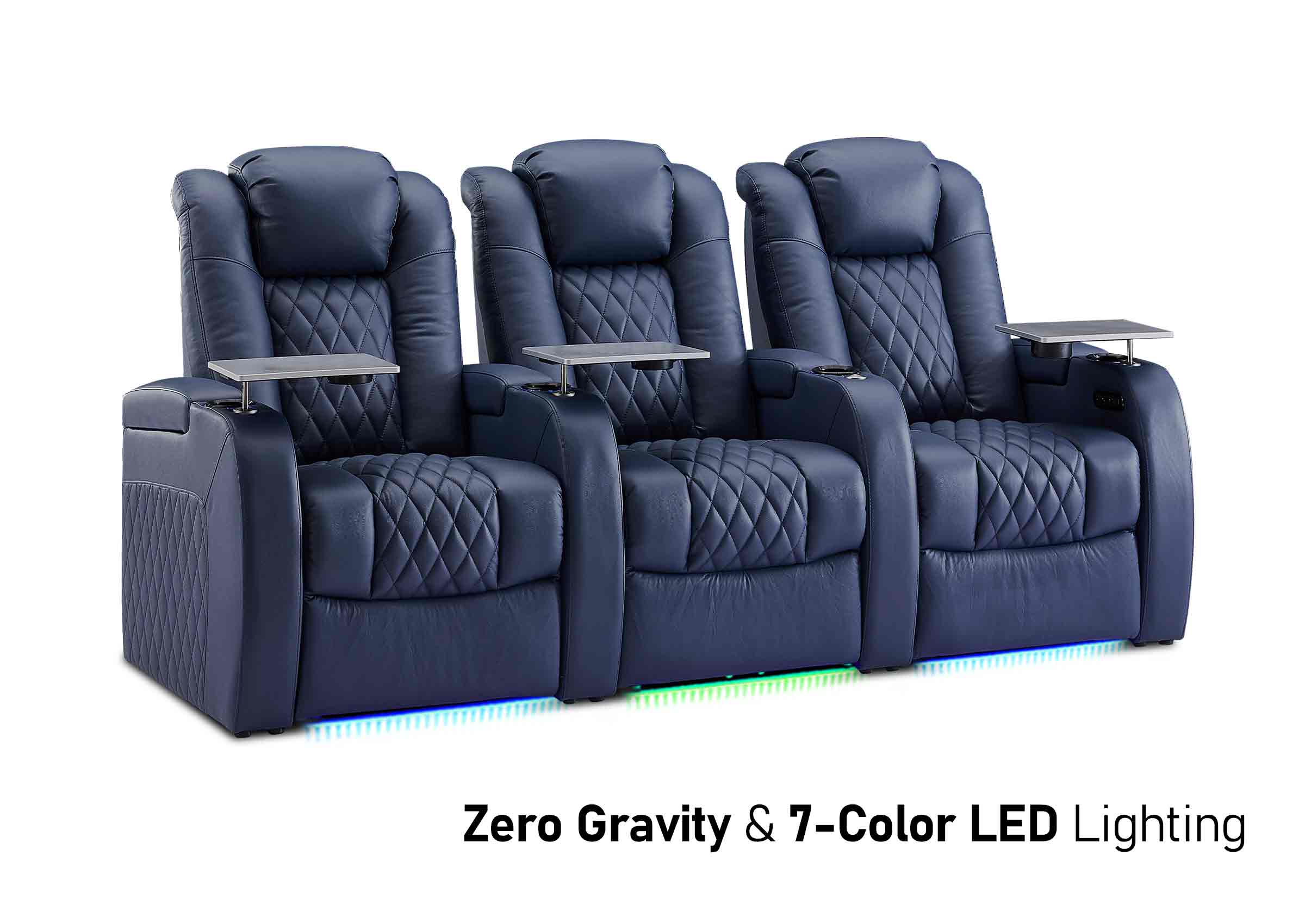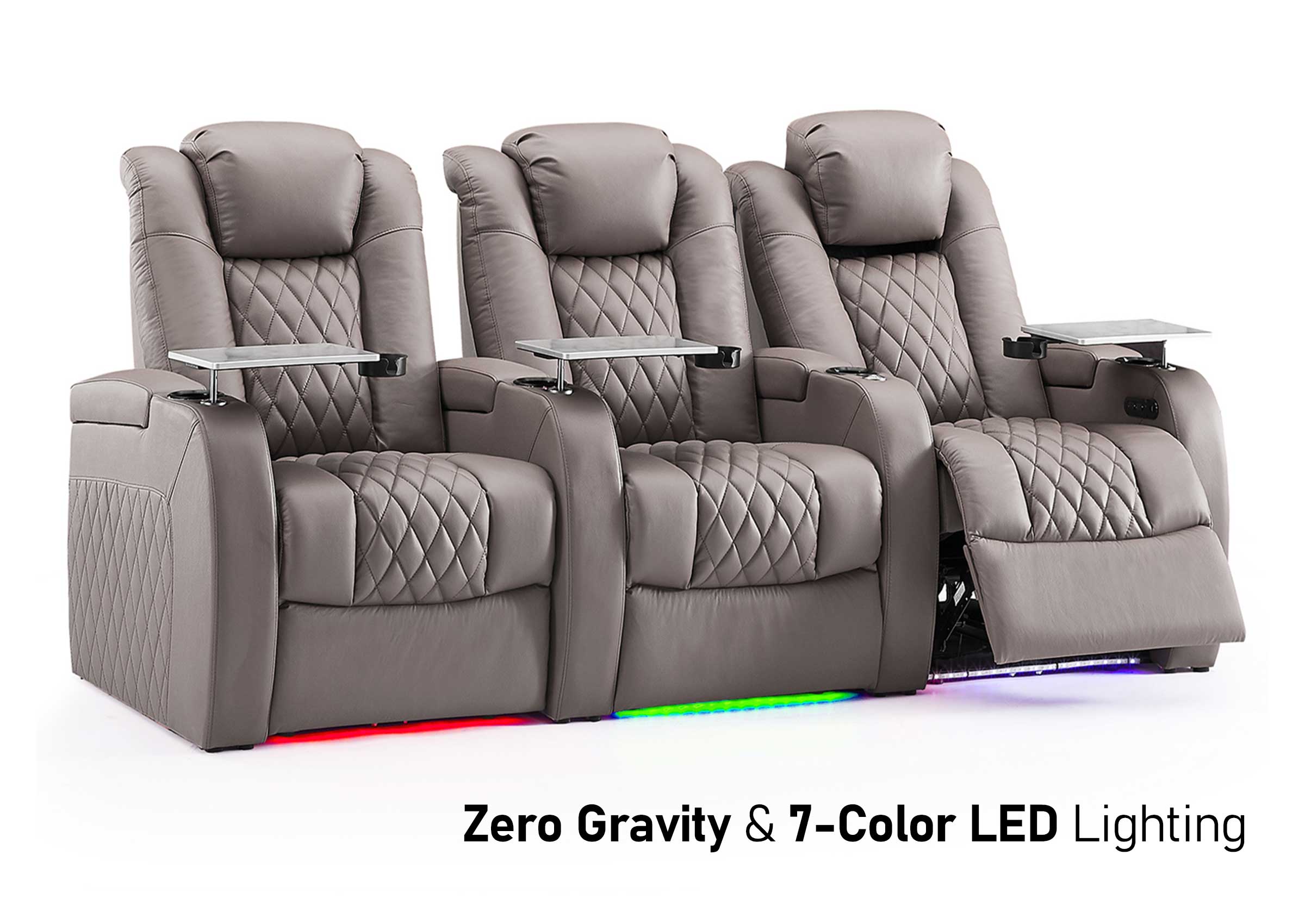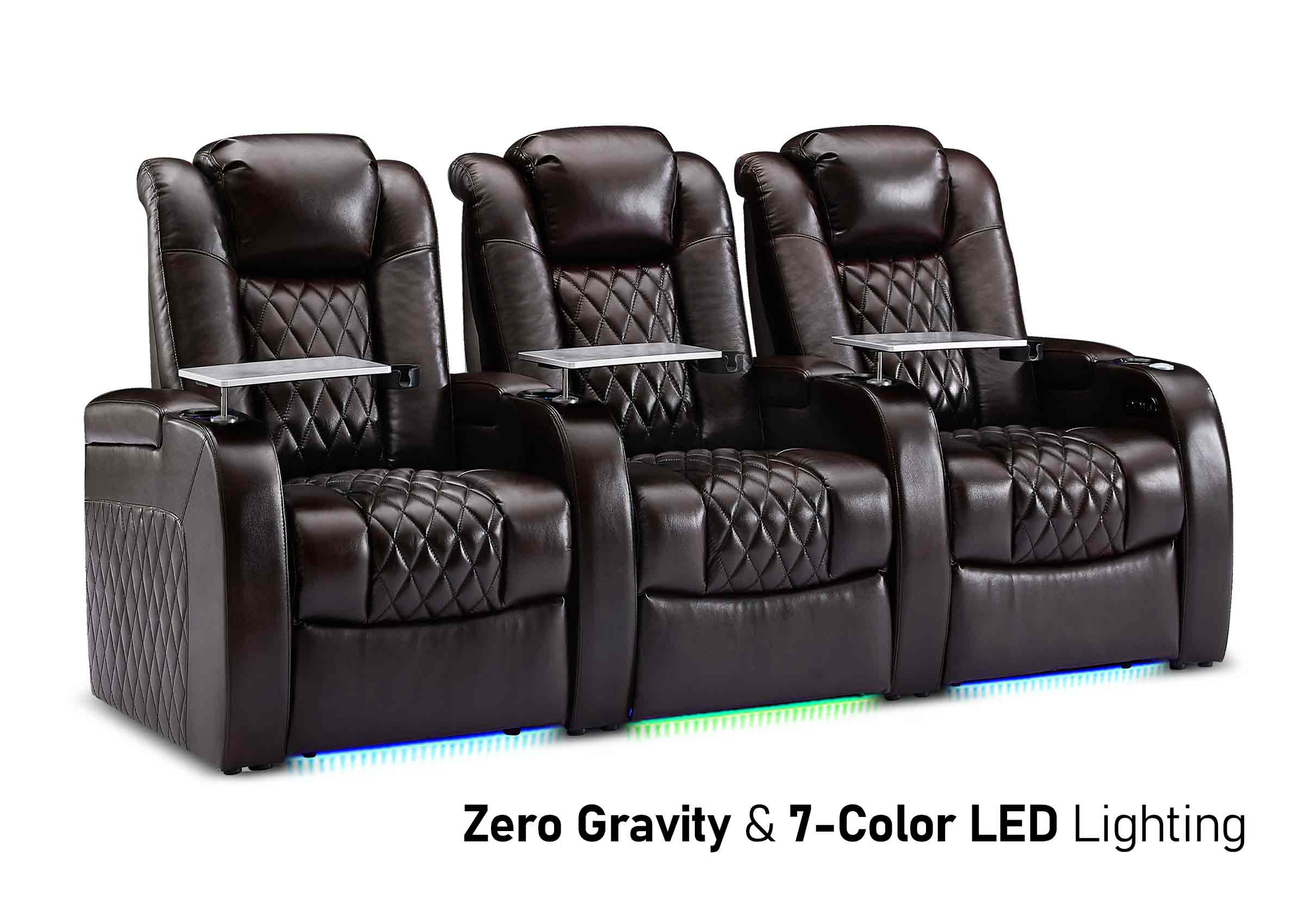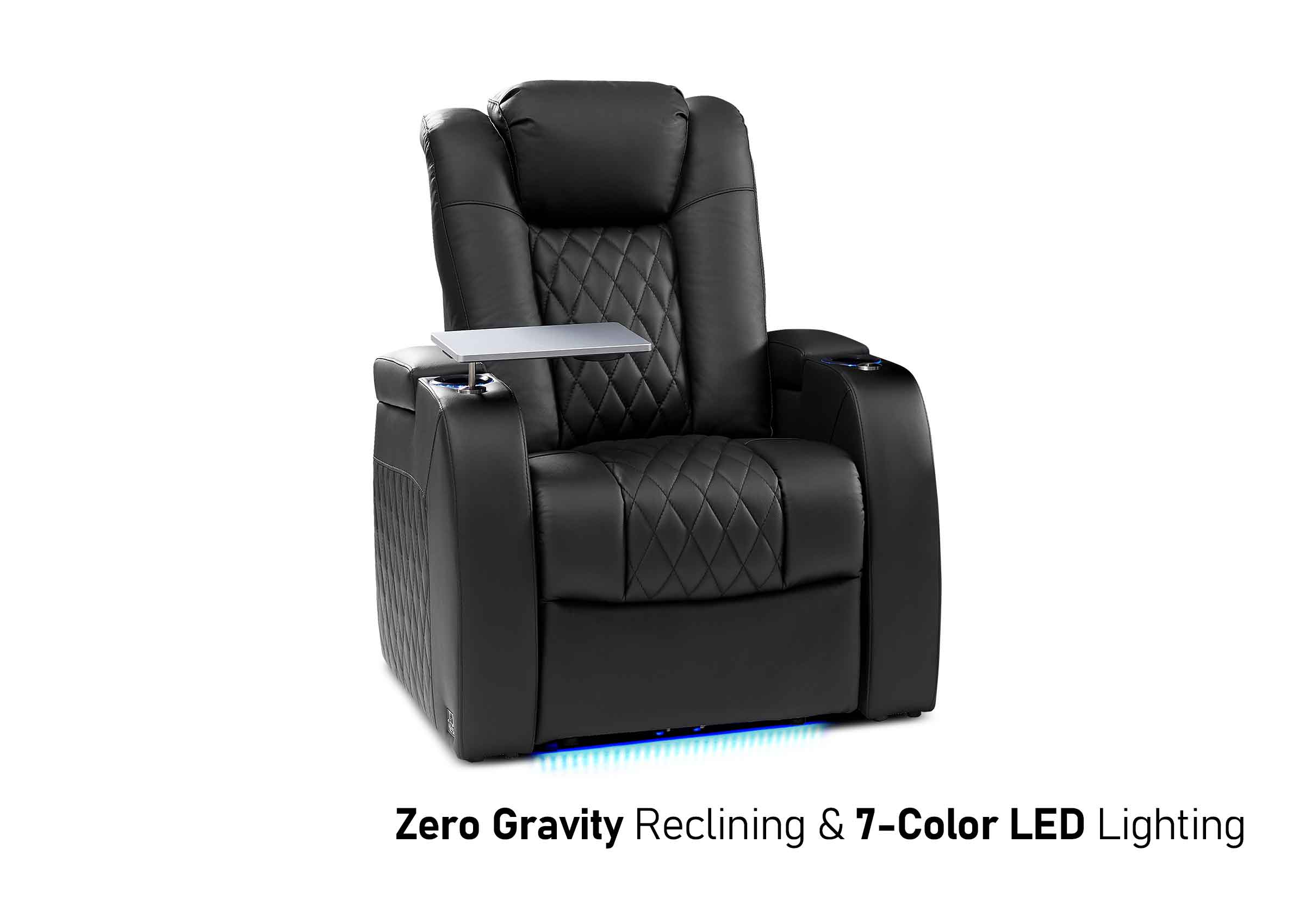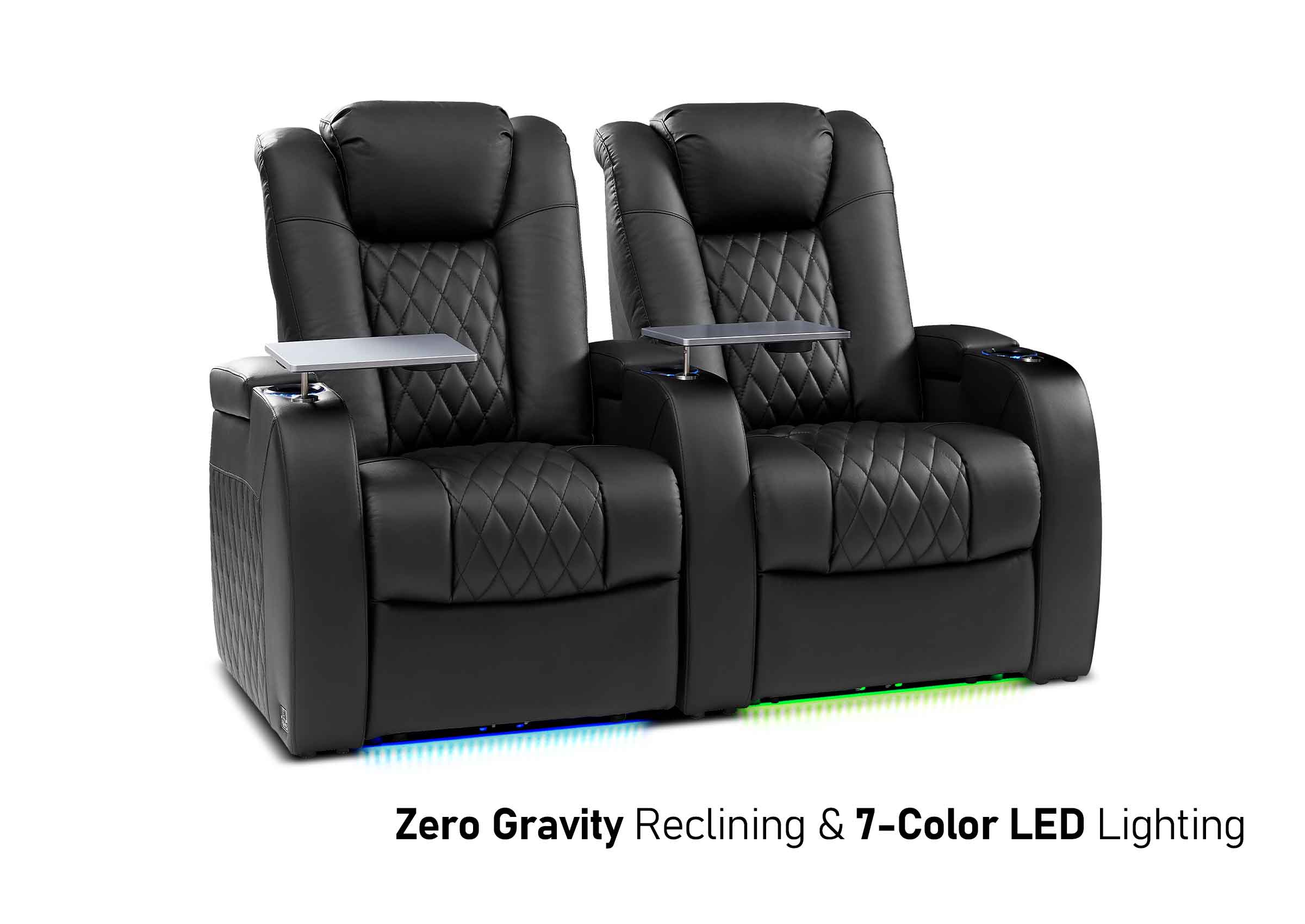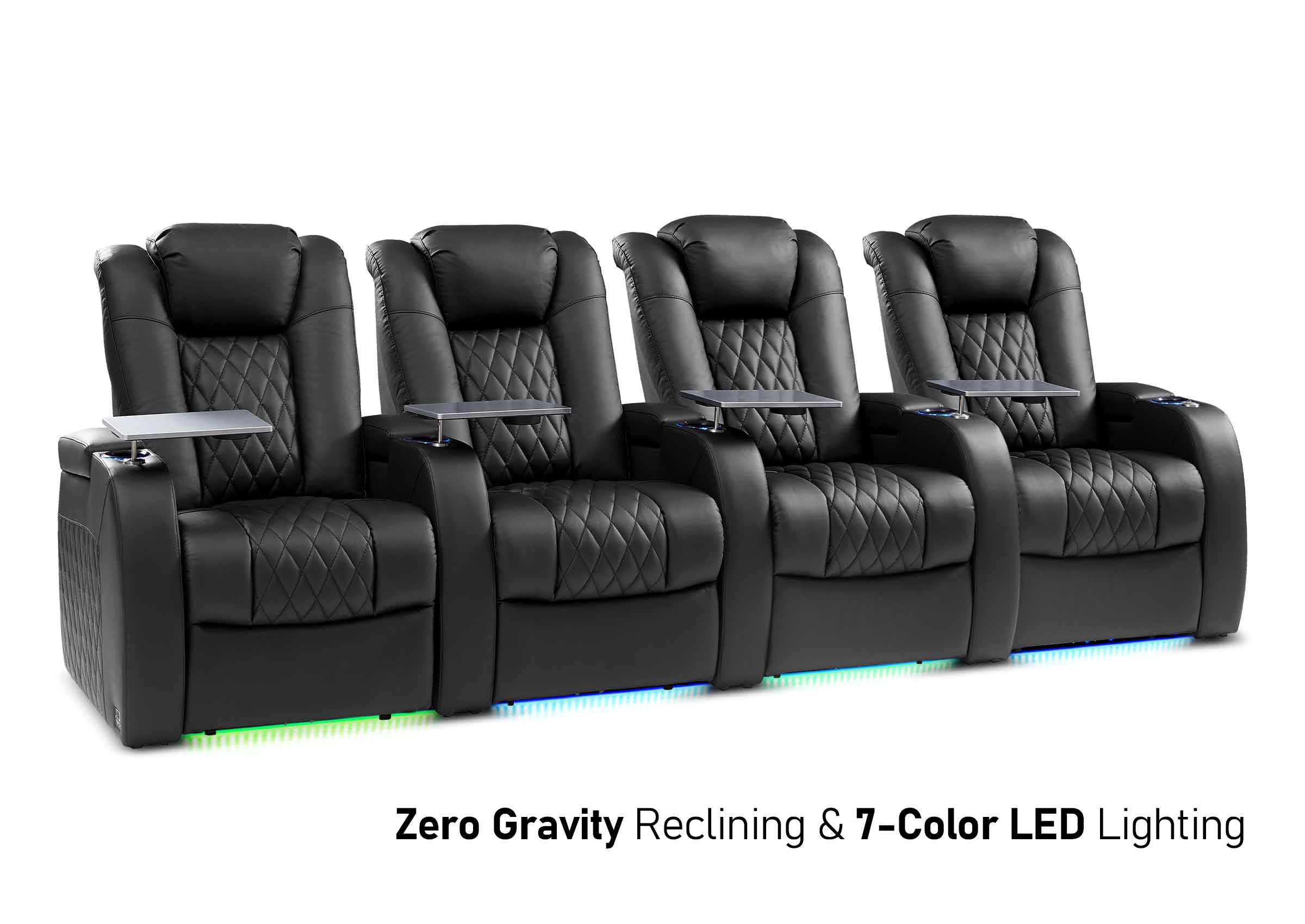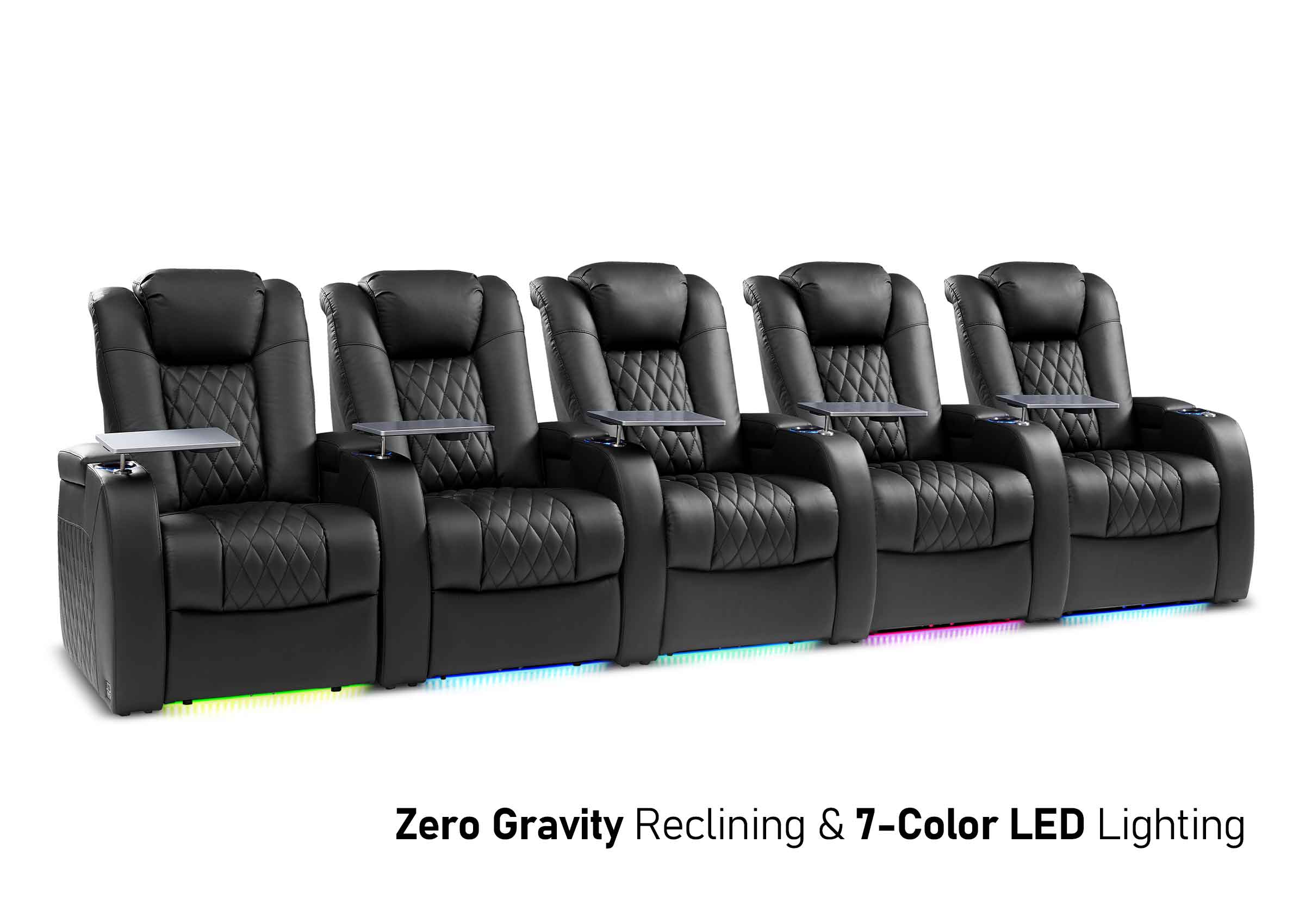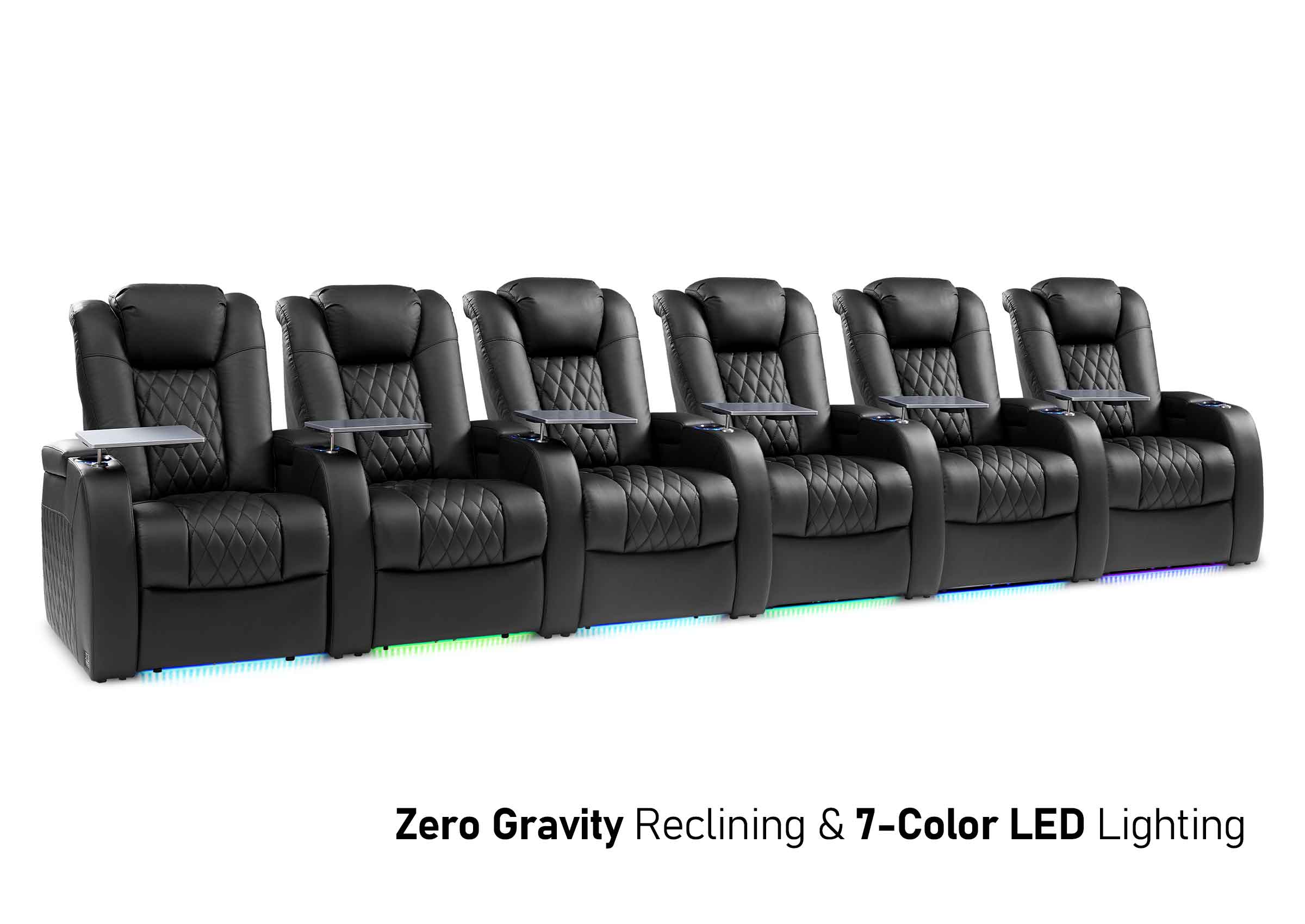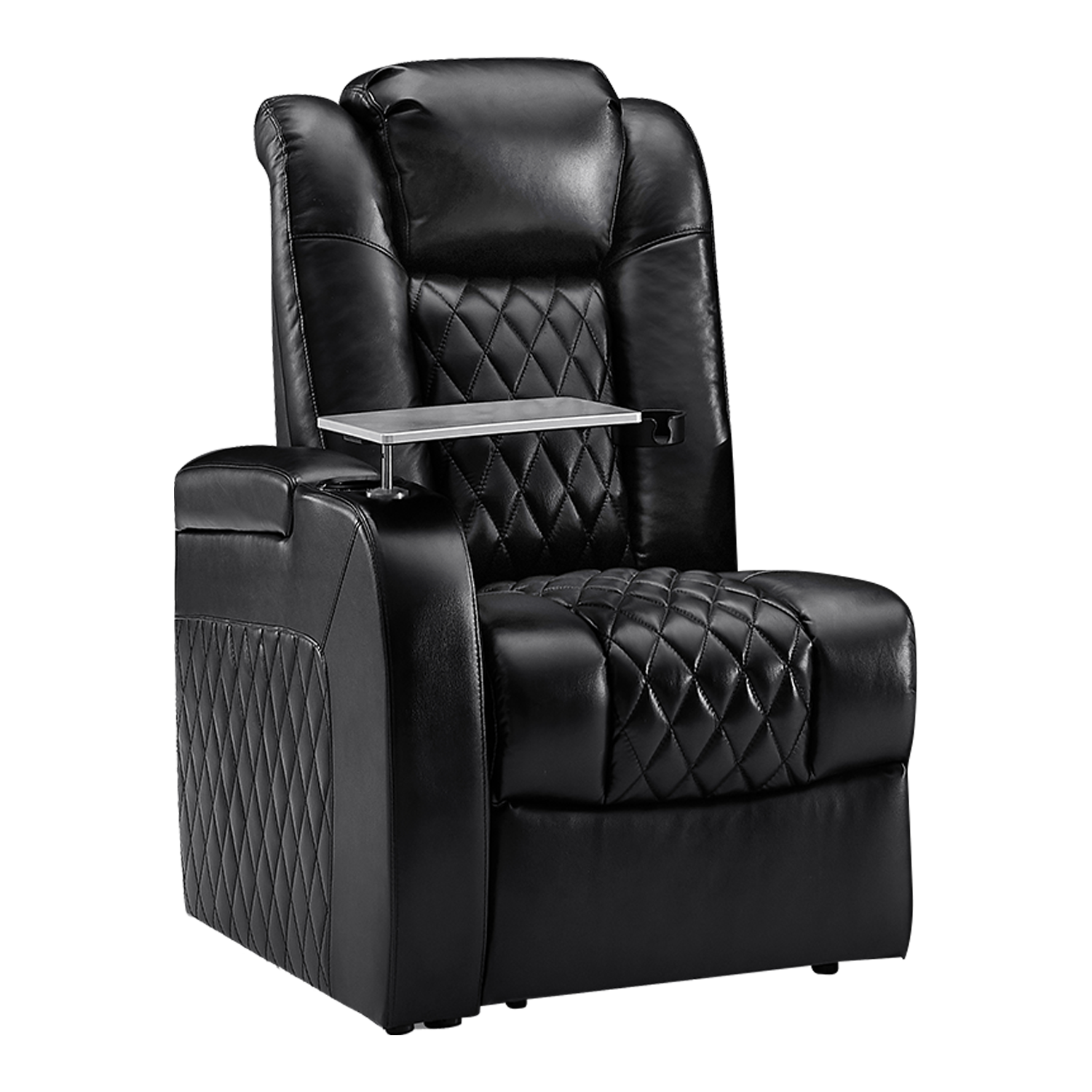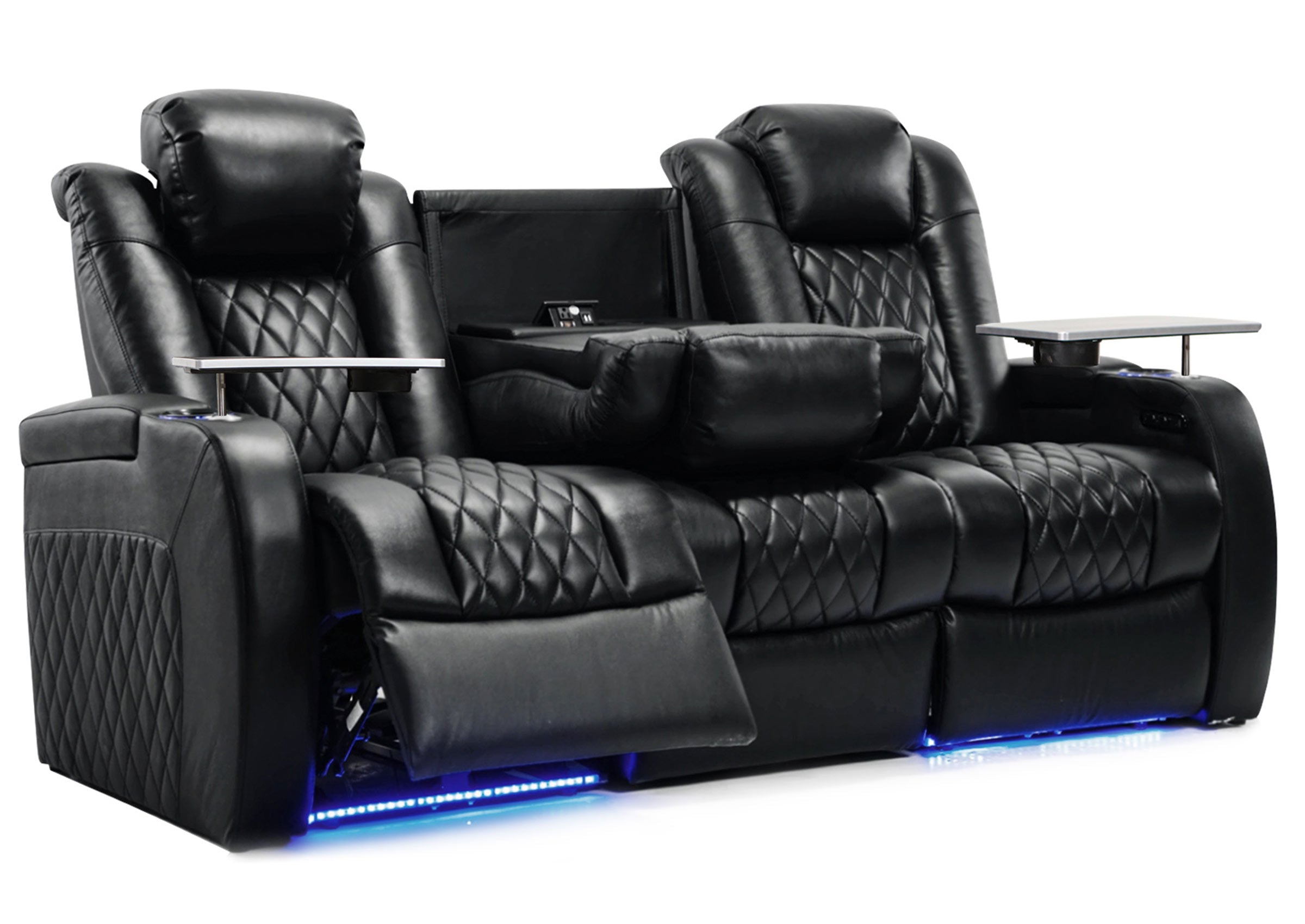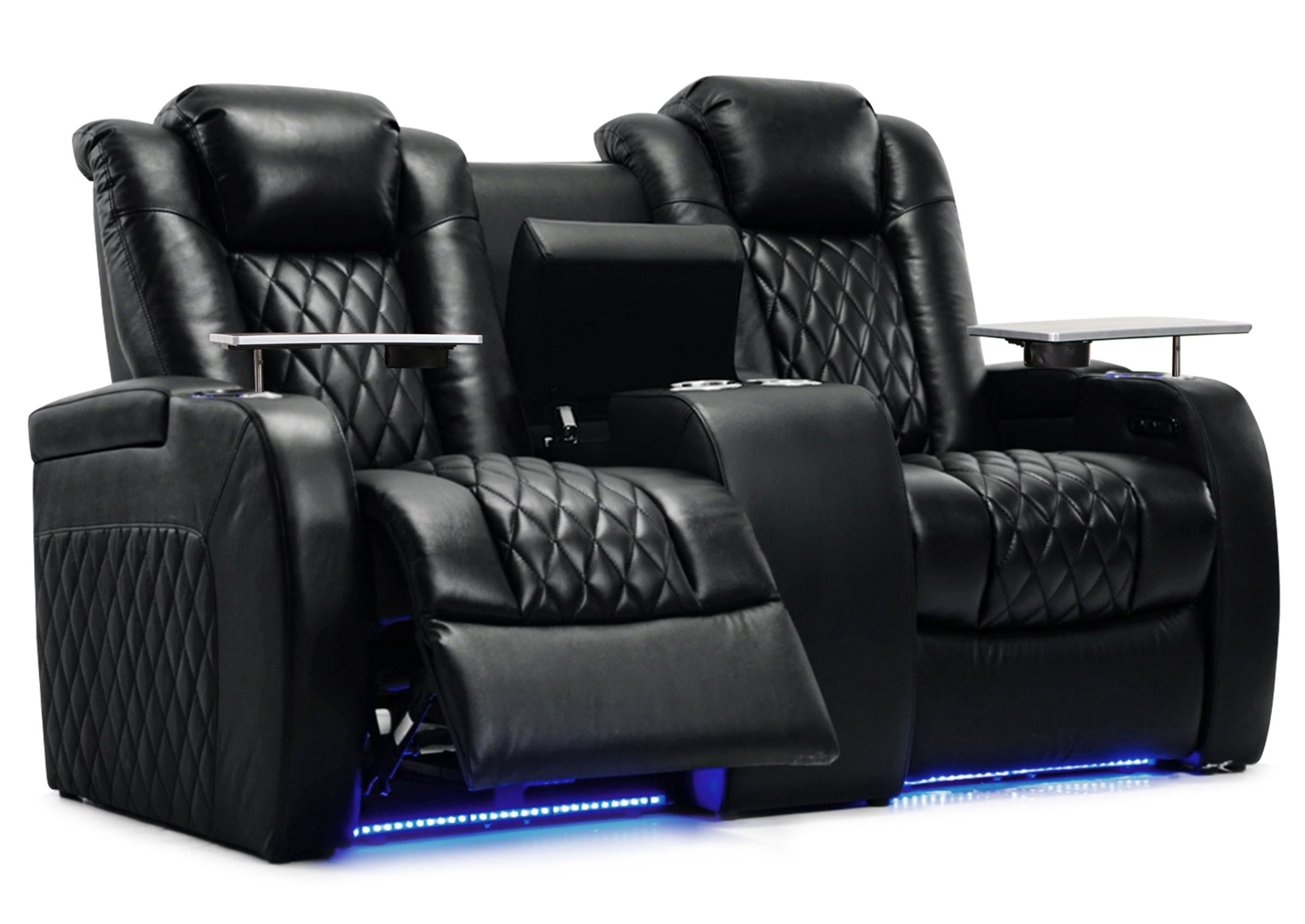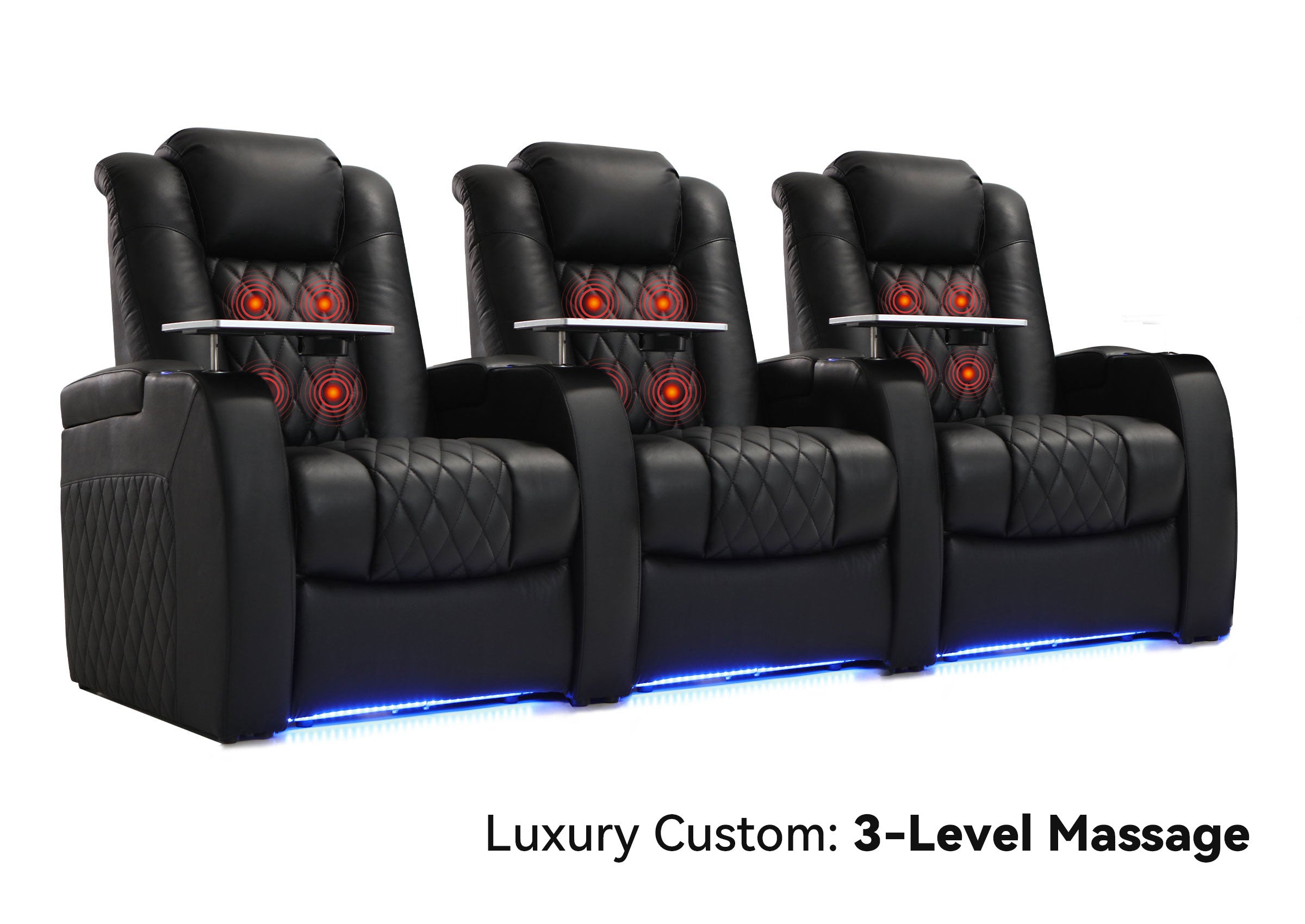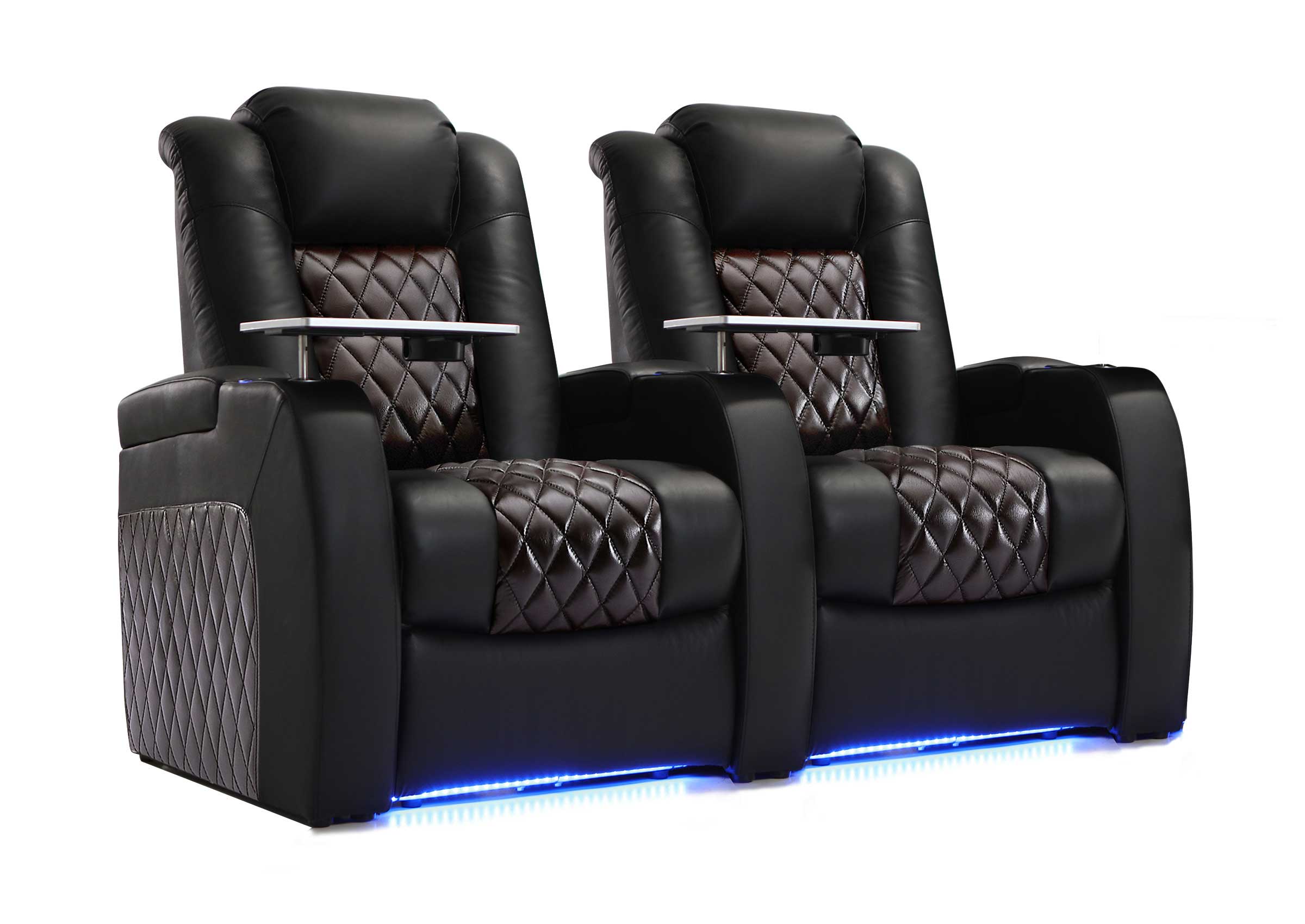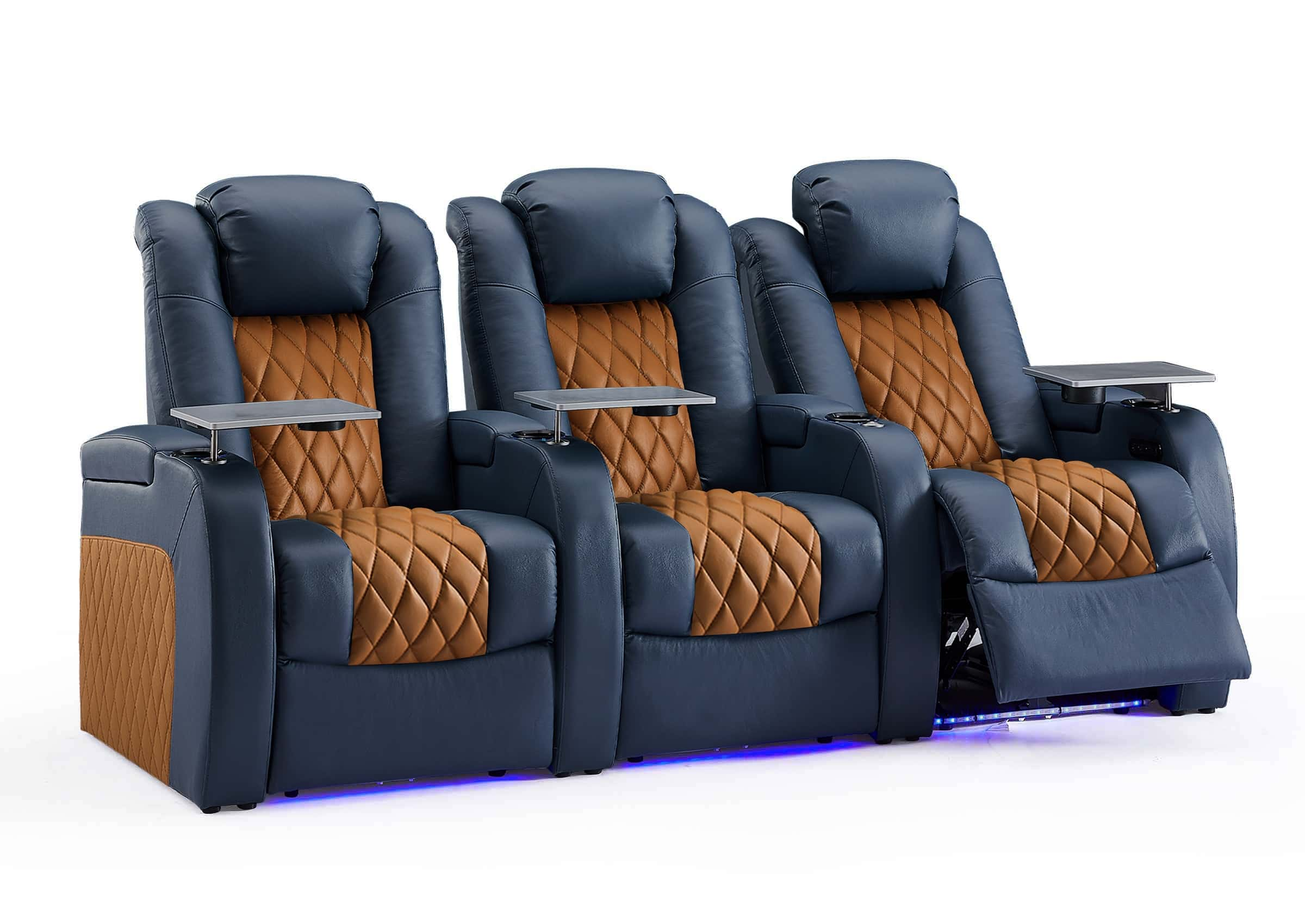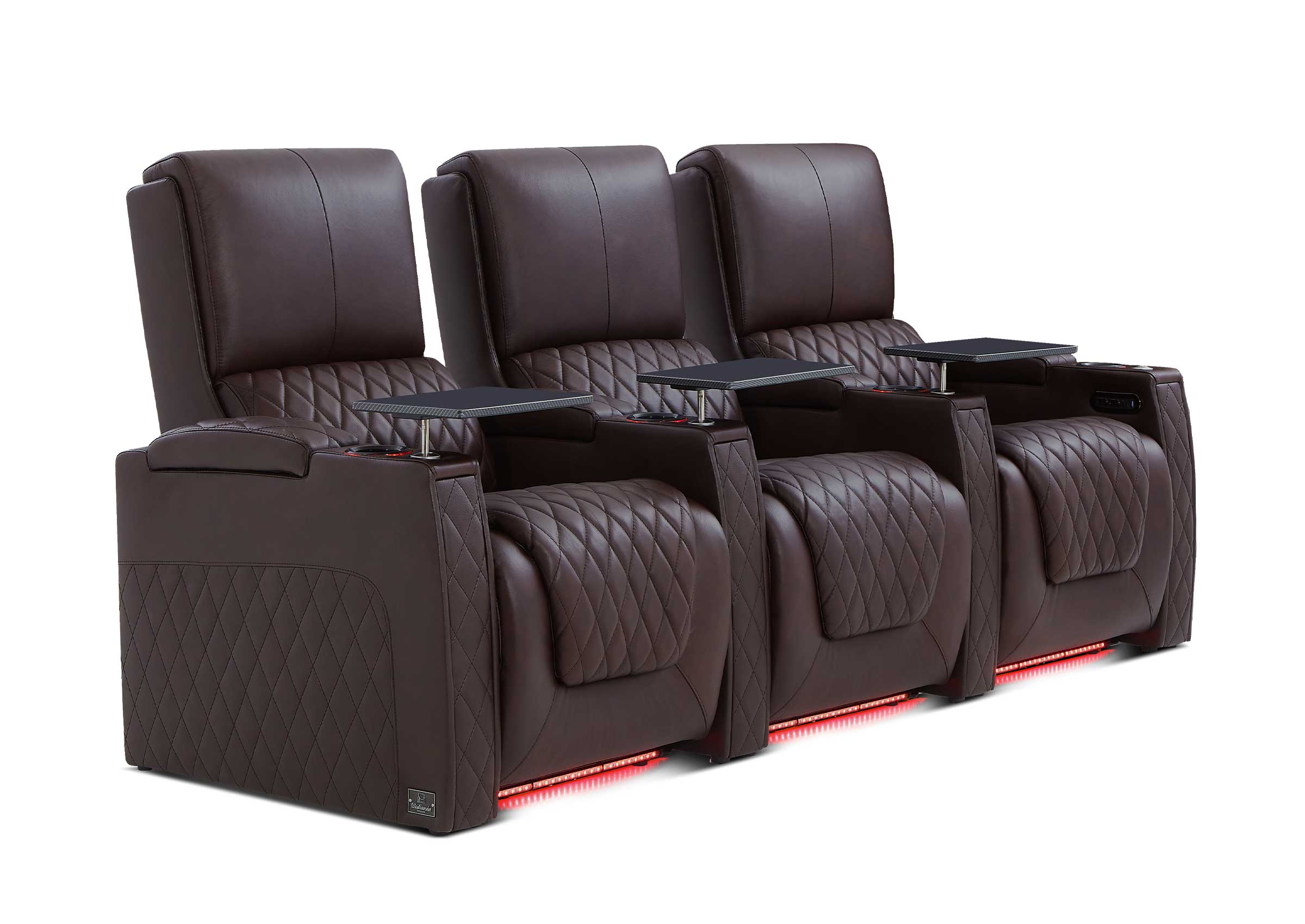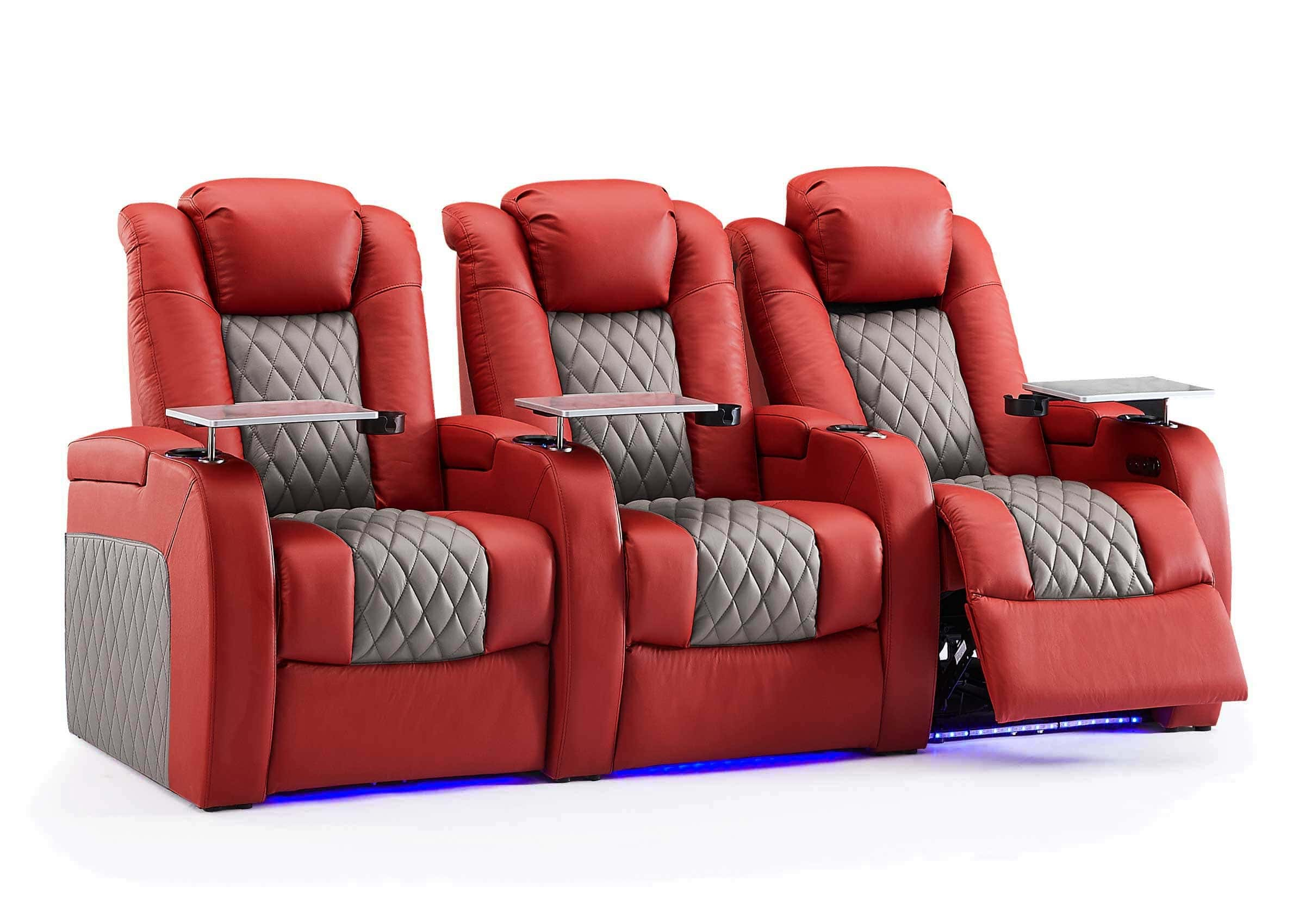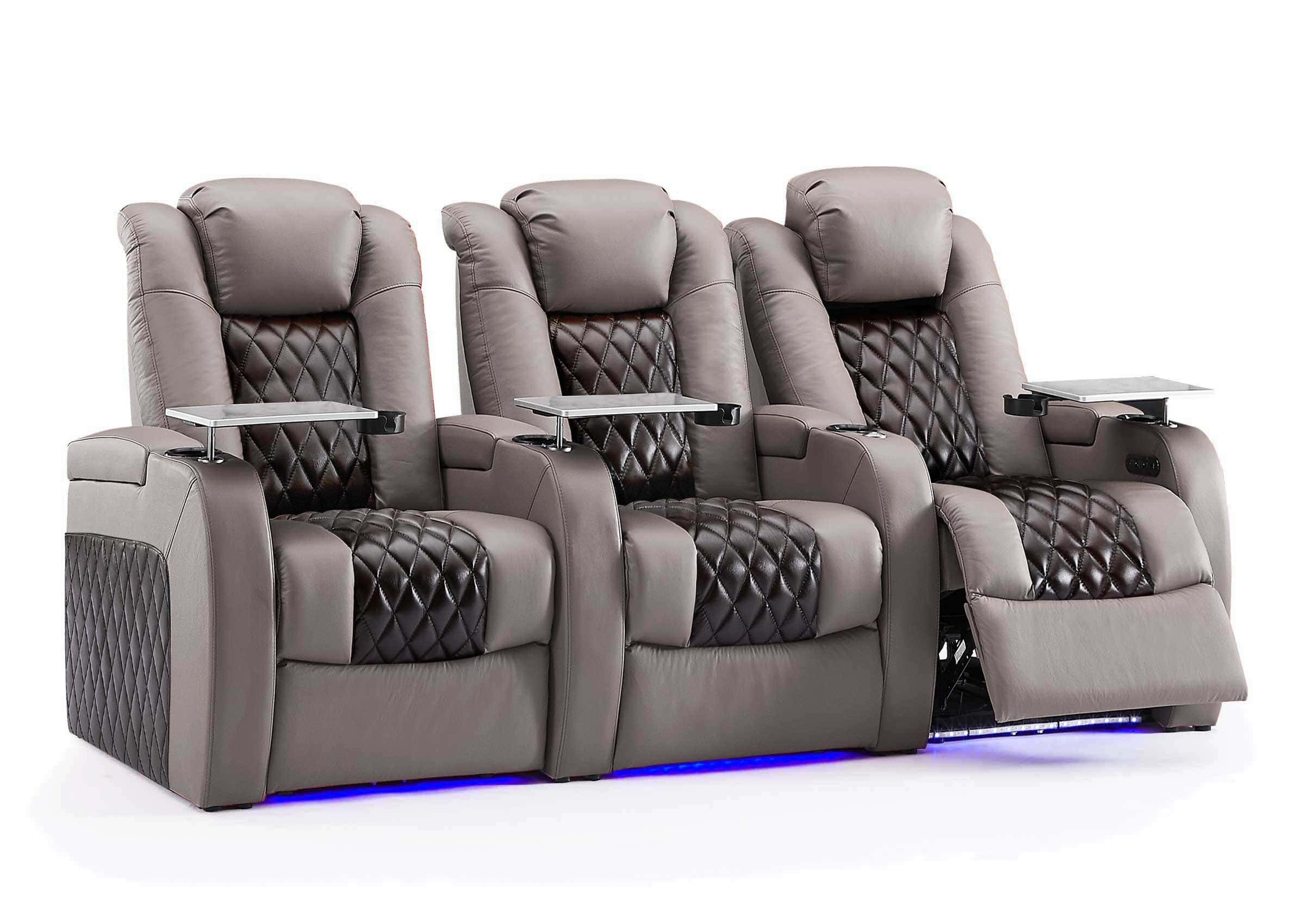When purchasing a new couch, people tend to go for the softest one they can find. This makes perfect sense – softer equals more comfortable, right? But the connection between just how firm a couch is and how comfortable it is far more complex than this simplistic notion. In order to achieve the perfect balance, you must consider a variety of different things.
The Comfort Myth: Why Soft Is Not Always Better
Most individuals have the perception that soft things are always more comfortable. Commercials for upscale sofa tend to feature soft, fluffy pieces, associating softness with quality. This mode of advertisement has influenced people's expectations for decades.
But real-life experience shows a different picture. Many homeowners find that their very soft couch becomes uncomfortable after a long time of sitting on it. When furniture does not have enough support, the body sinks too much, making the muscles work harder to keep a good posture. This extra work causes tiredness and discomfort as time goes on.
The truth is told in daily life: support is just as crucial as cushioning to comfort. Sofas that feel heavenly in the store can leave customers stiff and sore from movie marathons or gaming sessions that last all day.
Your Body's Needs Come First
Your health matters when picking the right couch firmness. If you have back problems, you might find that firmer couches support your spine better. If you've had hip or knee surgery, you might need a taller, firmer seat to help you stand up more easily.
Age is a significant factor in how soft or firm a sofa should be. Older people like sofas that are firmersince they are easy to stand up from and sit on. It may be difficult to stand up from a very soft sofa and can put a strain on joints and muscles that have lost their flexibility with age.
Body weight also dictates why different bodies will also respond differently on the same couch. Heavier people might find that very soft couches sink in too much, providing no support. Lighter people might find harder couches too firm.
Sleeping habits matter. Those who sleep on their sofa regularly need a different kind of support than those who sit on it for extended periods. Extended sleeping needs extra support to prevent pressure points and keep the spine in alignment.

Consider Your Living Situation
How the family uses the living area determines the most appropriate sofa. Active kids need durable furniture that can hold its shape under climbing, jumping, and roughhousing. Very soft sofas lose their support easily under these circumstances.
Pet owners face the same issues. Dogs and cats can damage furniture, wearing out soft cushions and creating permanent damage to their appearance and texture. This is why for specific materials, such as leather, it's also important to know how to protect leather seats from pets.
Habits of entertainment influence the way we select couches. Prolonged movie-watching requires varying support compared to the quick watching of TV. Players who spend hours playing games require couches that support them in maintaining a good posture for extended periods.
Social gatherings present another problem. Hosts usually want couches that hold their shape and look good even when a multitude of guests are using them at the same time. Very soft furniture gets rumpled easily in parties or family reunions.

Different Rooms, Different Rules
Formal sitting rooms typically have stiffer seats that hold their shape and support good posture while talking. Guests like sofas that are easy to get in and out of, but still look great during parties.
Family rooms prioritize relaxation and versatility. Family rooms can contain softer furniture since they are occupied primarily by family members who are able to adjust their positions as required.
Home theaters have specific needs. Recliner seating requires a different kind of support than upright sitting. The majority of theater-style sofas incorporate adjustable firmness zones for different activities.
Bedroom seating fulfills many functions. Single recliner chairs, bedroom benches, and the like are made for a specific purpose, not just to sit in comfort.

Content is More Important Than Advertising
How well a couch is made affects how comfortable it will be over time, no matter how firm it feels at first. Good quality materials will keep their support longer. Spring systems that give enough support prevent sagging, which can turn a medium-firm couch into an uncomfortably soft one.
Down and down-alternative fills create a number of different comfort experiences. Down provides luxurious softness but must be fluffed frequently to remain supportive. Synthetic alternatives are firmer more consistently but may lack the high-end feel that some shoppers desire.
Memory foam reacts to body heat and pressure, making support patterns that fit your body. But, this material can feel too hot in some places and might not bounce back quickly enough for sitting with others.
Understanding the difference between foam and spring mattresses is key, innerspring provides classic support in a range of firmness levels. Good quality springs hold their tension for years, while lower quality springs tend to sag or create uncomfortable pressure points.

Making the Smart Decision
Provide for changing lifestyles that can occur over the lifetime of the sofa. Couples might prefer plusher seating initially but eventually need more support for older or bigger bodies.
Invest in solid construction rather than mere short-term comfort. Durable medium-firm sofas tend to provide better long-term value than less expensive soft ones that lose their shape quickly.
Also, consider how to keep them. Softer cushions will usually need to be turned and fluffed more often to keep their shape and comfort level.

Finding Your Perfect Balance
Looking for the right couch is not simply about picking the most comfortable. Real comfort is about getting the proper balance of firmness and softness based on what each home needs. Considerations such as personal health, lifestyle, and how the room will be used are more important than commercials promising extreme softness. Give some thought to these issues, and you will know which sofa is right for you.








